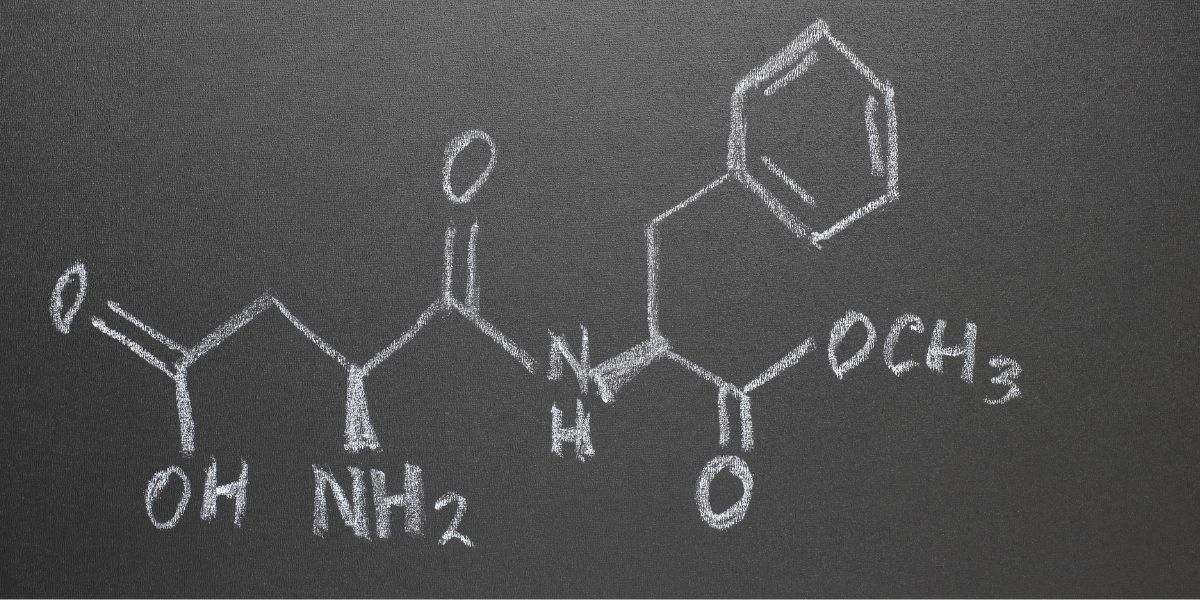- A study in mice found that aspartame triggered higher insulin levels – potentially contributing to plaque buildup in arteries.
- Mice fed aspartame showed more fatty deposits and immune cell activity in blood vessels – signs of cardiovascular disease risk.
- Researchers suggest that long-term aspartame consumption may have negative effects on heart health and diabetes risk warranting further investigation.
Artificial sweeteners are often promoted as a healthier alternative to sugar, widely found in diet soft drinks, sugar-free snacks and “zero-sugar” foods.
However, new research published in Cell Metabolism suggests that aspartame – one of the most common sweeteners – may have unexpected effects on vascular health.
The study was conducted by cardiovascular researchers at the Karolinska Institute in Sweden and found that aspartame triggered increased insulin levels in mice – leading to greater inflammation and plaque buildup in arteries.
These effects could increase the risk of heart disease and stroke over time.
The research was prompted by a casual observation; one of the lead researchers noticed a student drinking a diet soda and suggested investigating its effects.
While previous studies have linked artificial sweeteners to cardiovascular disease and type 2 diabetes, this study aimed to uncover how these effects occur at a biological level.
- Aspartame: some of Britain’s best-loved brands that contain the sweetener
- Is aspartame carcinogenic: WHO set to label sweetener as possible carcinogen
- Low-income households reduce their sugary drinks intake due to taxes on sweetened drinks
To investigate, researchers fed mice a diet containing 0.15% aspartame for 12 weeks – a dose equivalent to drinking three cans of diet soda per day for a human.
They then compared these mice to a control group that did not consume aspartame.
The findings were striking:
- Aspartame-fed mice developed larger, fattier plaques in their arteries – a key sign of atherosclerosis (hardening of the arteries).
- Inflammation levels were significantly higher, particularly in the blood vessels.
- Insulin levels spiked after aspartame consumption, which appeared to fuel the growth of arterial plaques.
Insulin plays a crucial role in regulating blood sugar but excessive insulin levels can have harmful effects.
The study found that aspartame which is 200 times sweeter than sugar may trick the body’s sweetness receptors – causing them to release too much insulin.
This surge in insulin appeared to activate an immune signal called CX3CL1 which binds to the inner lining of blood vessels and attracts immune cells.
These trapped immune cells promote inflammation, leading to worsening arterial health.
While this study was conducted in mice, the biological mechanisms involved – insulin spikes, inflammation and plaque buildup – are also relevant in humans.
The researchers believe this could have broader implications for chronic diseases beyond heart disease including type 2 diabetes, arthritis and stroke.
Professor Yihai Cao, senior author of the study, warns that artificial sweeteners are now present in many processed foods making it essential to understand their long-term health effects: “Artificial sweeteners have penetrated almost all kinds of food, so we have to know the long-term health impact,” says Cao.
The research team plans to conduct human studies to confirm whether aspartame has similar effects in people.
For more details, you can read the full study.









